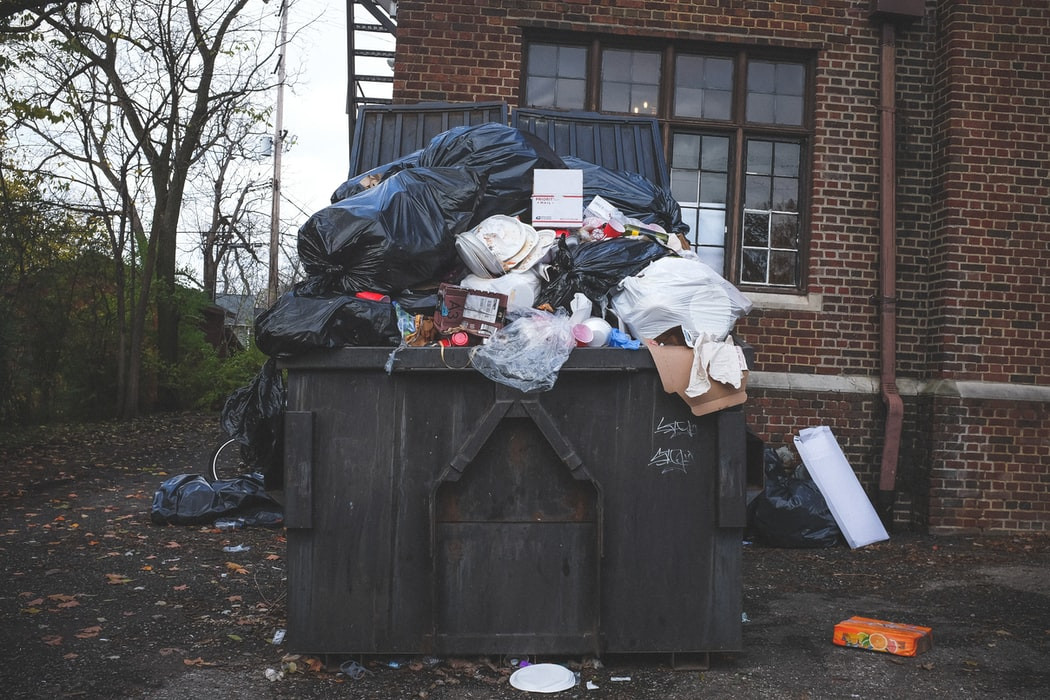When you lose something, the hope is that it will find its way back to you. This could be through the tenacious work of a member of rail staff, or the adoption of some really cracking lost property software.
Sadly, despite everyone’s best efforts possessions all too often remain unclaimed. This means that after a certain amount of time, organisations need to have processes in place to dispose of surplus lost property.
Exactly how long this is is a little bit of a grey area and the law doesn’t always have a concrete answer.
The only industry where there are rules for how long you need to keep something is transport where lost property must be kept for three months.
Regardless, once a forgotten umbrella has overstayed it’s welcome, there are three paths it can go down.
1) Thrown away / recycled
Items of little or no value will all too often find themselves thrown away. If they are the right material they are hopefully recycled.
The rate at which items get chucked will depend on where they are found. For example, some places deal with high amounts of lost & found. If they do not have the capacity to handle it, it will need to be disposed of more regularly.
It’s an issue that grew markedly worse during Covid-19 and we hope that things will improve as normality sets back in.

2) Donated to charity
If an item isn’t claimed, many organisations will have an agreement where it will be given to charity.
It’s a great way to deal with any leftover items as it helps good causes while at the same time preventing waste.
These are then either sold through charity shops or donated directly to those who need them most.
3) The lost property auction
If an item is worth selling many it could find itself in front of the gavel at an auction house.
For businesses that operate across a large network and accumulate lots of misplaced possessions these can prove to be very lucrative. TFL managed to make £2m in three years doing exactly this.
What kind of items find their way to auction?
When it comes to suitable items, there really isn’t a definitive set of criteria. The only real defining quality is that they have to be worth selling.
However, the nature of the items can vary greatly with valuable and unusual possessions getting misplaced all the time.
This could mean you find yourself bidding on a wallet, an old book or a Rolex watch.
How do lost property auctions work?
Organisations that have to dispose of lots of lost property will often have agreements with auction houses.
So, once an item has overstayed it’s welcome it will be shipped off for sale, with the auction house taking a cut of the sale.
Many of them involve needing to turn up in person (or at least on zoom) so if you’re interested then it’s worth checking to see when the next event is.
There are also online sellers such as Bumblebee auctions. Anything they have will be available online to save you the hassle.
Lost & found rejects aren’t the only items that are up for grabs. Many auction houses also sell stolen or illegally purchased goods provided by the police.
While you’re unlikely to find Ronnie Kray’s cufflinks, it improves your chances of being able to pick up something unusual for cheap.

Our take
We see the many options available to dispose of unclaimed lost property as a good thing. It does raise some issues though.
If processes were better, with transparency over what is missing then we would see far higher return rates and such processes wouldn’t be necessary.
This would save time for staff and customers. All the while reducing the waste that finds it’s way to the tip.
NotLost’s top of the range software does just this. Helping businesses reunite their customers with misplaced items, one scarf at a time.
